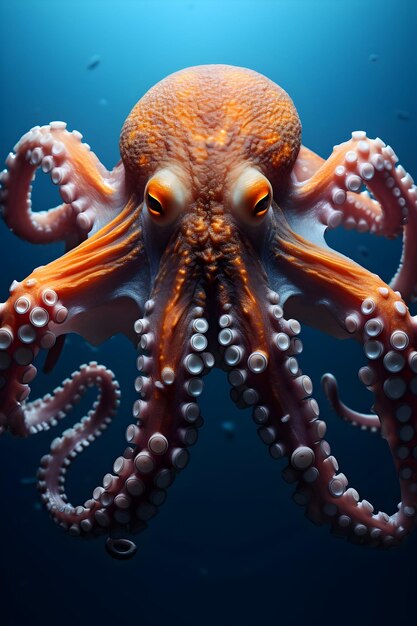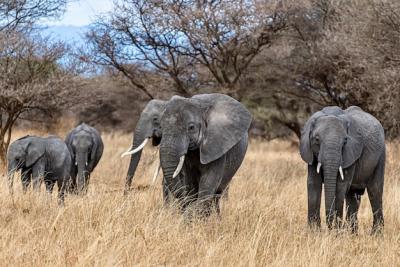Octopus: Explore the Fascinating Cephalopod of the Octopodidae Family – Free Stock Photos for Download
Explore the Fascinating World of the Octopus
The octopus is not just an ordinary sea creature; it is a remarkable animal that captivates many with its unique features and behaviors. As a member of the Octopodidae family, the octopus is known for its intelligence, adaptability, and extraordinary ability to blend into its surroundings.
Key Characteristics of the Octopus
- Intelligence: Octopuses are highly intelligent and are known for their problem-solving skills and ability to use tools.
- Adaptability: They can change their color and texture to match their environment, making them excellent at hiding from predators.
- Unique Anatomy: With eight arms lined with sensitive suckers, octopuses have a unique way of navigating the ocean floor and capturing their prey.
- Regeneration: An octopus can regrow its arms if they are lost, which is a remarkable survival feature.
The Habitat of the Octopus
Octopuses inhabit diverse marine environments, from shallow coastal waters to deep ocean floors. Their ability to thrive in various habitats contributes to their widespread presence in the world's oceans.
Significance of the Octopus in Marine Ecosystems
Octopuses play a vital role in their ecosystems. As predators, they help keep the population of their prey species in check, which maintains balance in marine environments. Additionally, their unique hunting methods contribute to the complex dynamics of ocean life.
Fun Facts About Octopuses
- There are around 300 different species of octopus found in oceans worldwide.
- Some species can squirt ink to confuse predators and make a quick escape.
- The largest octopus species can have an arm span of up to 30 feet.
Conclusion
Understanding the octopus is not just about appreciating its beauty and adaptability; it also involves recognizing its essential role in the ocean's health. As we learn more about these incredible creatures, we foster a deeper respect for marine life and the need to protect our oceans.












